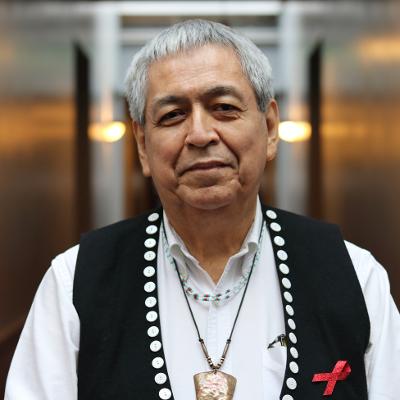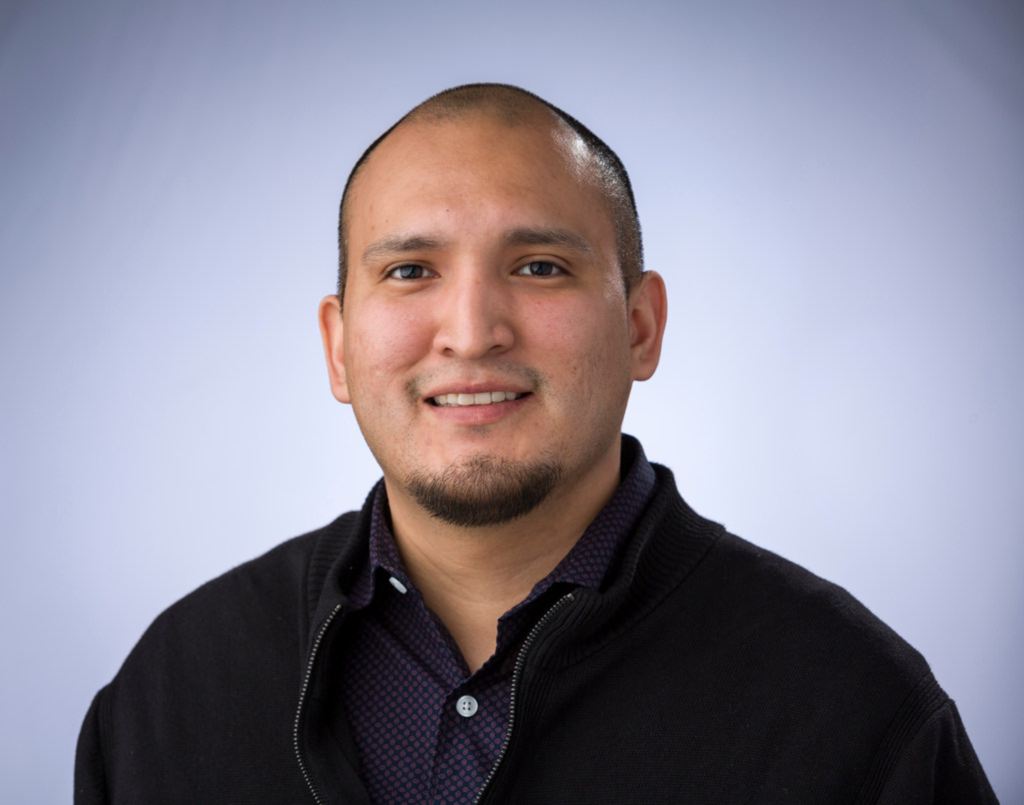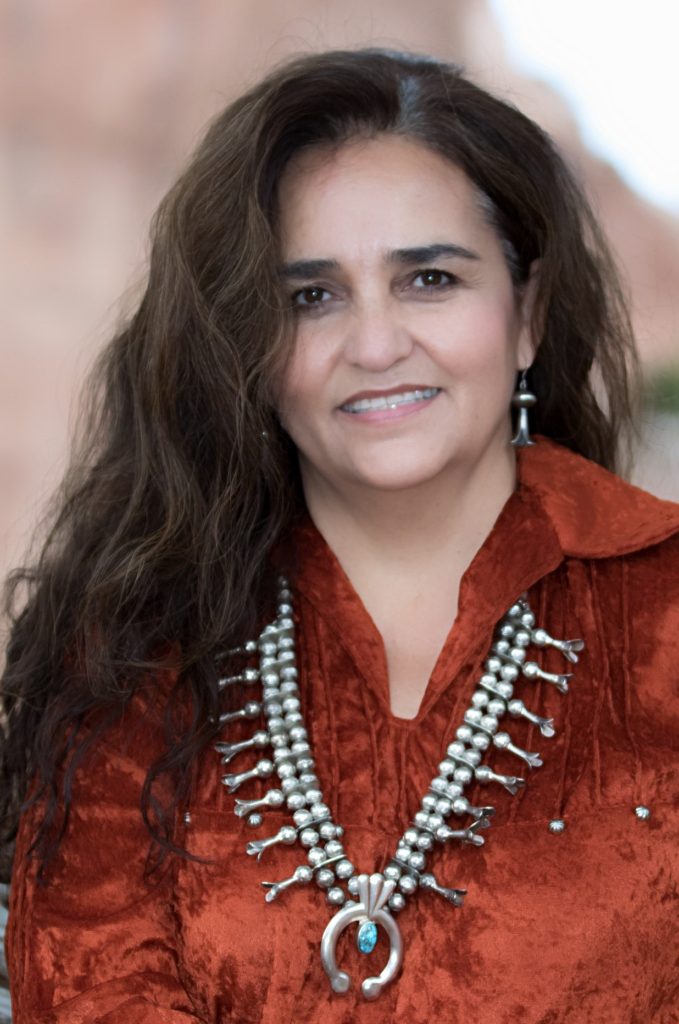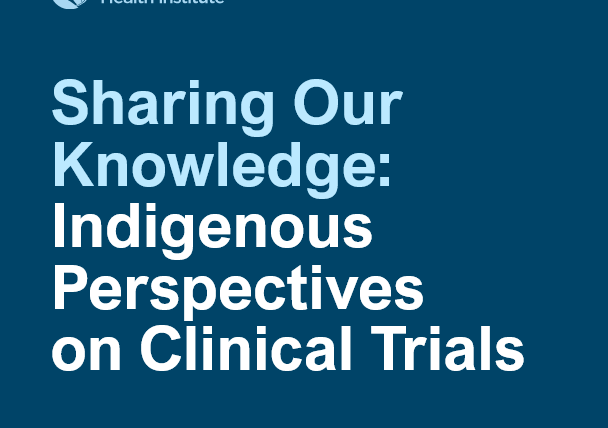On August 20th at 1:00pm PT, we will host the third town hall in our series of virtual town halls on COVID-19, focused on clinical trials from the Indigenous perspective.
We will talk about how the process of finding and testing medicine for safety is not just a western tool or concept but has been done by indigenous people continuously throughout our history. We invite you to join us for our third town hall where we will reflect on how our people have found the traditional medicine we continue to use in the present through our own clinical trial processes and its parallels to the western medicine we see today.
Meet the Panelists

Bill Hall (Tlingit)
Bill Hall is a Tlingit Indian of the Raven Clan from a small fishing village in Southeast Alaska called Hoonah. Bill is also a person living with AIDS (PLWA) and has been living with HIV/AIDS for 35 years. Bill is a member of the defeatHIV CAB, the Equity in Research CAB, and the ACTU CAB. Bill is also an active advocate for the Native American community on HIV/AIDS, stating that, “through my involvement with these AIDS organizations, I came to realize that the reason Native American communities were the most under-served communities with regard to HIV/AIDS was that no Natives were speaking up.” This bothered Bill, so when the opportunity presented itself, he stepped up and took on the role of Advocate, his goal being to destigmatize HIV in the Native community and help the Native community understand the importance of everyone knowing their HIV status.

Craig Dee (Diné)
Craig Dee (Diné) is the Community Health Educator for Indigenous Communities in the Office of Community Outreach & Engagement at Fred Hutchinson Cancer Research Center.
Craig was born and raised on the Navajo Nation. His upbringing led him to pursue a career path that involved addressing health disparities and inequities among American Indian and Alaska Native communities through behavioral and public health platforms. Craig currently works with Kathy Briant, MPH; Dr. Jay Mendoza; and a team of CHEs using community-based participatory research approaches to address cancer health disparities and inequities among tribal communities within Washington state. Craig is a graduate student in the Master of Public Health program at the University of Washington.

Michelle Kahn-John (Diné)
Dr. Michelle Kahn-John is a member of the Diné Nation and is currently the nursing program director at Navajo Technical University. Michelle’s research focus is on understanding the health benefits of Hózhó, a sacred Diné (Navajo) wellness philosophy and the health protective benefits of Native ceremonial interventions and spiritual practices. Michelle engages in multifaceted roles as a nurse, psychiatric healthcare provider, American Indian spiritual wisdom keeper, teacher, scholar, scientist, mentor, consultant, leader, and Diné woman.

